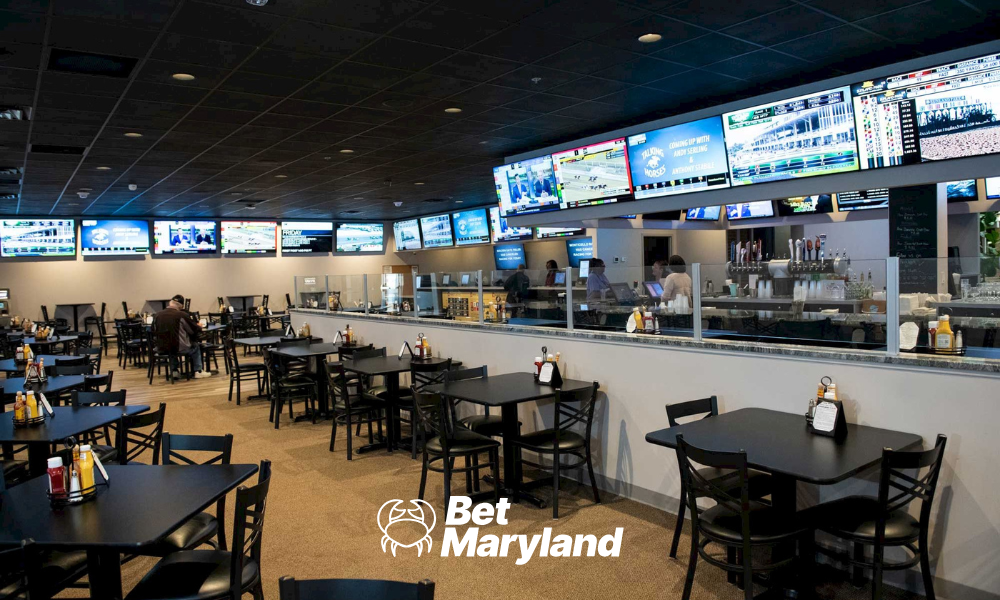Maryland’s once-promising chances to pass iGaming legislation this year officially died Monday with little fanfare as the state’s General Assembly concluded its 2024 session.
Lawmakers in the state House of Delegates last month passed a measure that featured enacting language for an online Maryland casinos law pending voter approval in November, similar to the referendum voters approved to authorize Maryland sports betting in 2020. However, its odds for clearing the Senate were long as leaders in that chamber expressed no interest in either Del. Vanessa Atterbeary’s bill or similar legislation filed by Sen. Ron Watson.
The defeat of online Maryland casinos comes a year after the legislature called for a study to determine the impact it would have on the state. That report, conducted by The Innovation Group, came out in November.
However, opponents of iGaming seized on aspects of that study showing existing brick-and-mortar casinos likely would experience losses totaling $200 million — even though online casinos would generate $900 million in taxable revenue. They lobbied against iGaming, citing that fewer patrons to land-based venues would lead to jobs losses and impact other businesses that rely on casino visitors. Even two of the state’s six casinos joined casino workers in speaking against the House measure.
Atterbeary, a Democrat from Fulton who chairs the House Ways and Means Committee, and other proponents said legalizing iGaming would help the state meet the commitments lawmakers made in previous sessions to bolster public education. Others noted Maryland faced a looming budget shortfall reaching $1 billion that needed to be addressed through a new revenue source. Senate leaders, though, were not convinced that needed to be resolved in this session.
High Tax Rates Might Have Been Hindrance
Even if there was support in the legislature to advance Maryland iGaming to the voters, the proposal that made it through the House might not have received much support from those in the industry.
Atterbeary’s House Bill 1319 included a massive 55% tax on operator revenues stemming from slots. Operators — the measure allowed for up to 30 — would have been allowed to use a portion of their promotional spending to lower their liability, but that would have been available for just the first five years.
The failure to get iGaming to voters this November means the earliest it can appear on the ballot now is in November 2026. That likely would push any online casino launch back to mid-2027 at the earliest. Still, if the Maryland economy improves, operators might be able to pursue a more reasonable tax structure that likely would attract additional operators to pursue licenses.
This summer, the National Council of Legislators from Gaming States is planning to unveil what it calls model legislation that states like Maryland and others considering iGaming legalization can use. Maryland lawmakers might need to tailor it to meet their needs. That could include offering concessions to casino workers like Atterbeary did after she amended her bill to include a $10 million fund to cover lost wages during the past session.
BetMaryland — your source for Maryland sports betting promo codes — will continue to monitor the debate regarding iGaming in Annapolis and provide the latest analysis of its chances for success in future General Assembly sessions.








